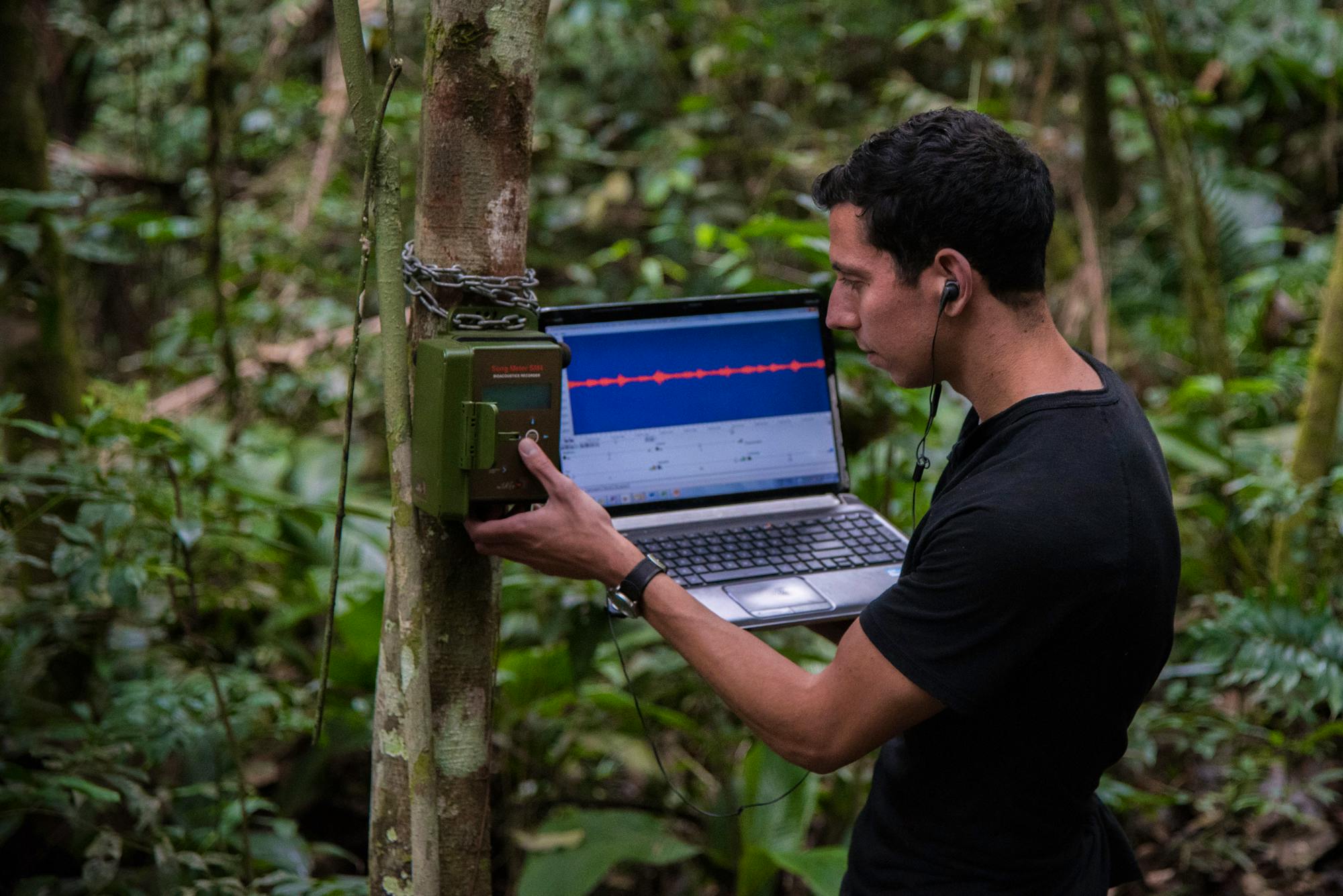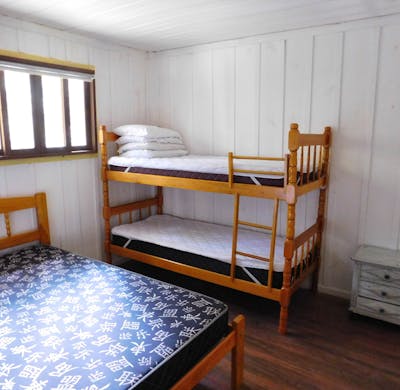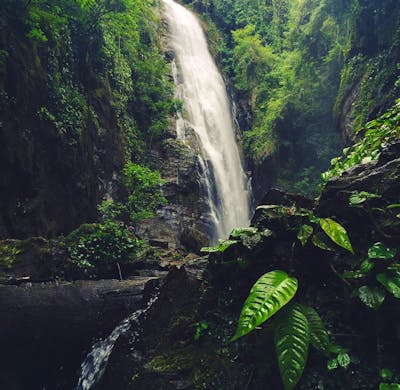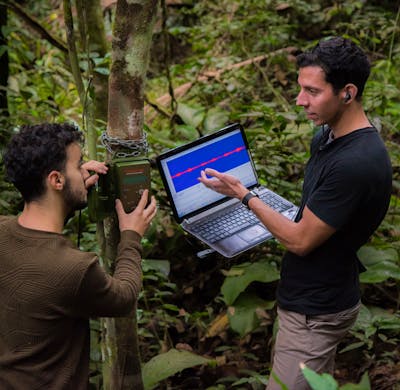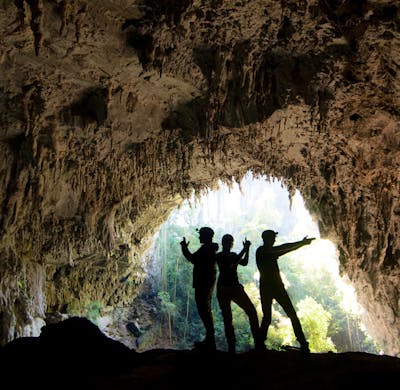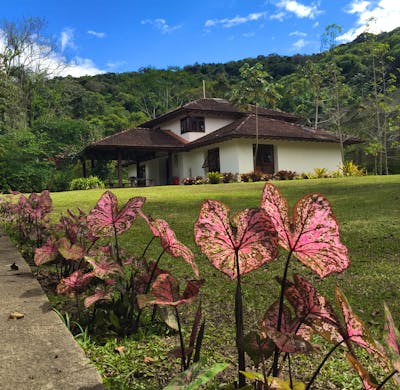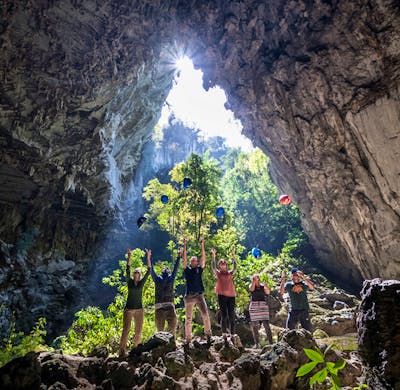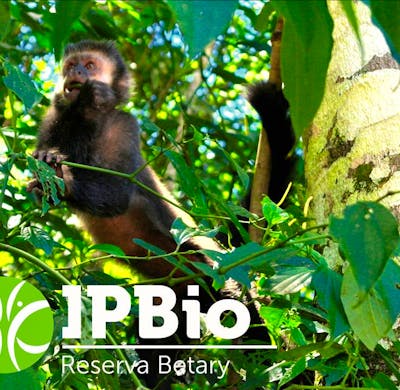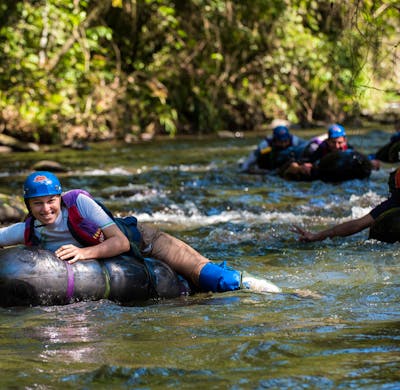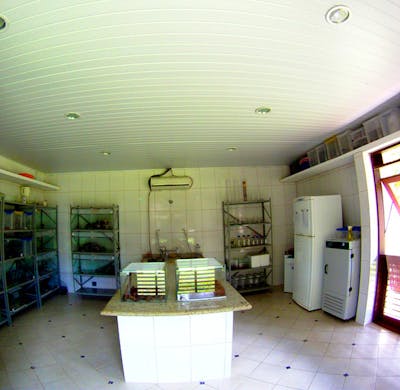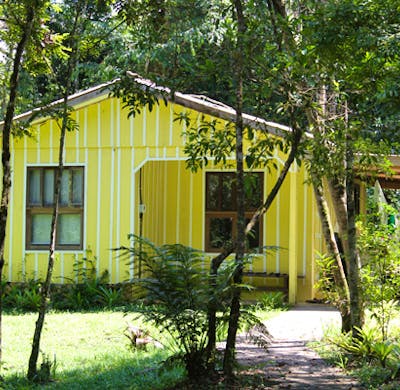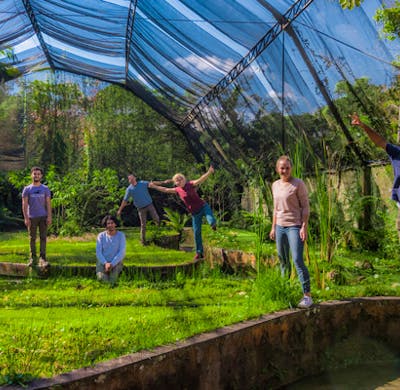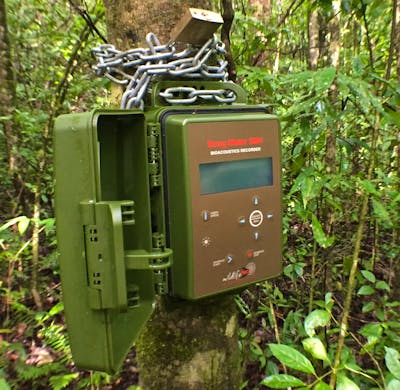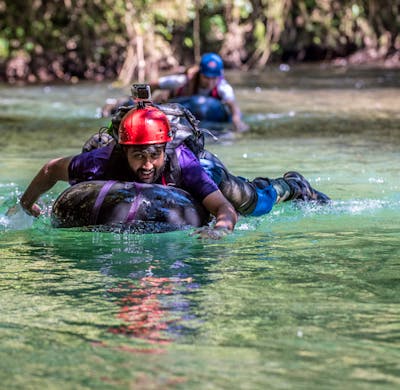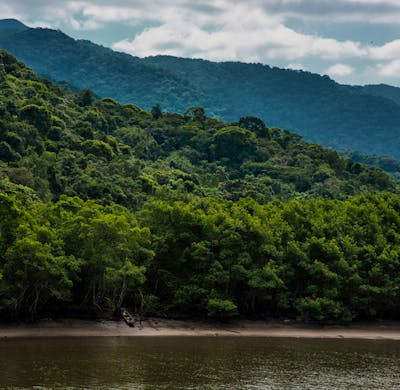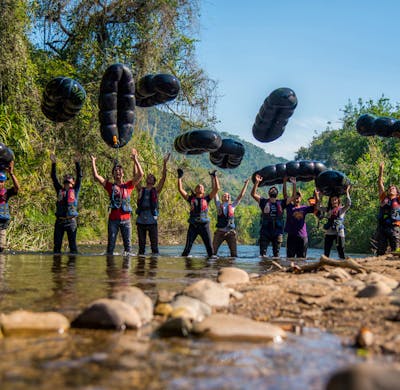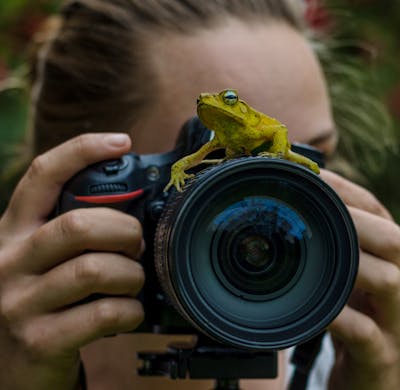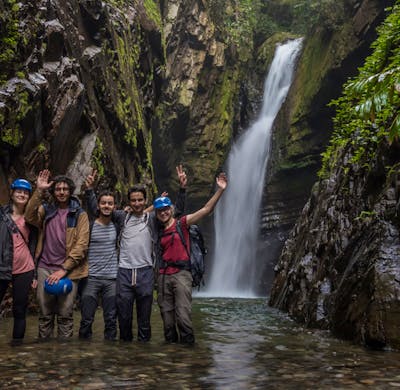The Program
IPBio recently won the Wildlife Acoustics
Scientific Product Grant and was donated bioacoustics hardware and software. The objective is to
record species behavior, understand their distribution, habitat use and peak
periods of activity. Moreover, we can combine the footage captured by our
project “OBBIO-Observatory for Biodiversity” with high quality sound, which
would allow us to construct a "sound bank" that can be used to, for
example, compare the differences in sound between species and between
individuals of the same species. By registering scientific data, we can analyze
species well-being and use the data to take action as well as provide
recommendations for conservation efforts of endangered Atlantic Forest species.
We are looking for a volunteer who can
lead this project which means setting up the bioacoustics hardware to collect
data and analyzing the data recovered.
- Identify how many vertebrate species occur inhabit
in the Betary Reserve
- Map species distribution on the reserve and in what/during
period of the year
- Observe the variation in/of species and long-term
distribution, and understand the relationship between the distribution and ecological
succession of the forest
- Identify the reproductive period of these species,
through sound, the recording of images of pregnant or females accompanied by
cubs
- Record the sounds emitted by the species and
understand the relationship between the observed behavior and the type of
vocalization
- Disseminate this data to the scientific community
and the general public
Living at IPBio
Volunteers will stay at the Darwin House, situated on
the reserve itself, which accommodates up to 8
people in 2 rooms. This house has a bathroom with a
hot shower and has a fully equipped kitchen where
volunteers can cook. It is the volunteer’s
responsibility to maintain and clean the house, we
take this very seriously. Volunteers can use our
organic vegetable and herb patch in their cuisine. Shops are in the town of Iporanga
6km away from the reserve, which you can walk or get
a lift, where there are various shops with all you will
need. Every day you will wake up to the sound of
birds, monkeys and frogs and can explore the reserves
grounds. During the weekend volunteers can visit the
State Parks to explore the caves, hike into the dense
forest surrounding them or visit the waterfalls. At the
reserve we have a deck where you can swim as well as
use our tubes (big circular water balloons) to drift
down the river along with the current. Volunteers can
also organize dinners, movie nights or social events which can be enjoyed with a glass
of wine or two. You can use the internet at the Center to Skype loved ones.
Location
The Atlantic Forest stretches from the northeastern to the southern regions of Brazil
and northern Argentina and southeastern Paraguay. Five hundred years ago, the
Atlantic Forest of Brazil covered approximately 330 million acres, but today only 7%
remains. In the Ribeira Valley, our region of the Atlantic Forest, we are at the footsteps
of 21% of the 7% that is left, it being largest contiguous section of the Atlantic Forest.
Despite the forests diminished state it still ranks as a global conservation priority.
Although it is now just a small fraction of the size of the Amazon rainforest, the
Atlantic Forest still harbors a range of biological diversity similar to that of the Amazon.
The Atlantic Forest harbors around 2,200 species of birds, mammals, reptiles and
amphibians – 5% of the vertebrates on Earth. This includes nearly 200 bird species
found nowhere else. The Betary Reserve is located next to one of the most famous
Brazilian State Parks named PETAR. The region is called the Cave Capital as it known
for containing over 300 spectacular caves, some which are accessible to tourists.
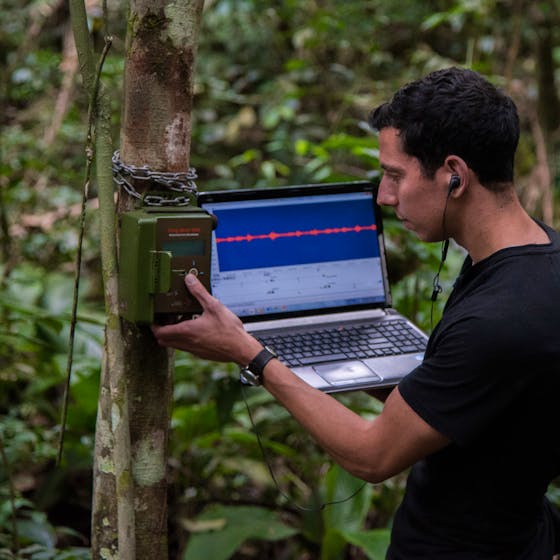
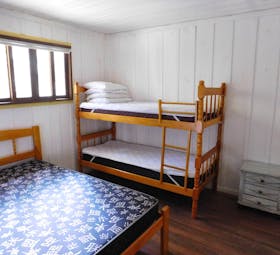
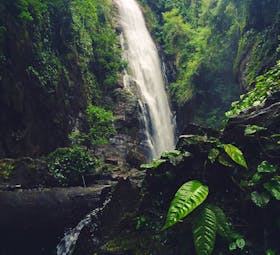
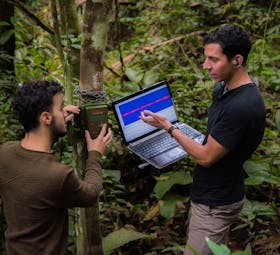
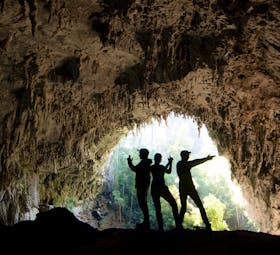

 4.7
4.7

